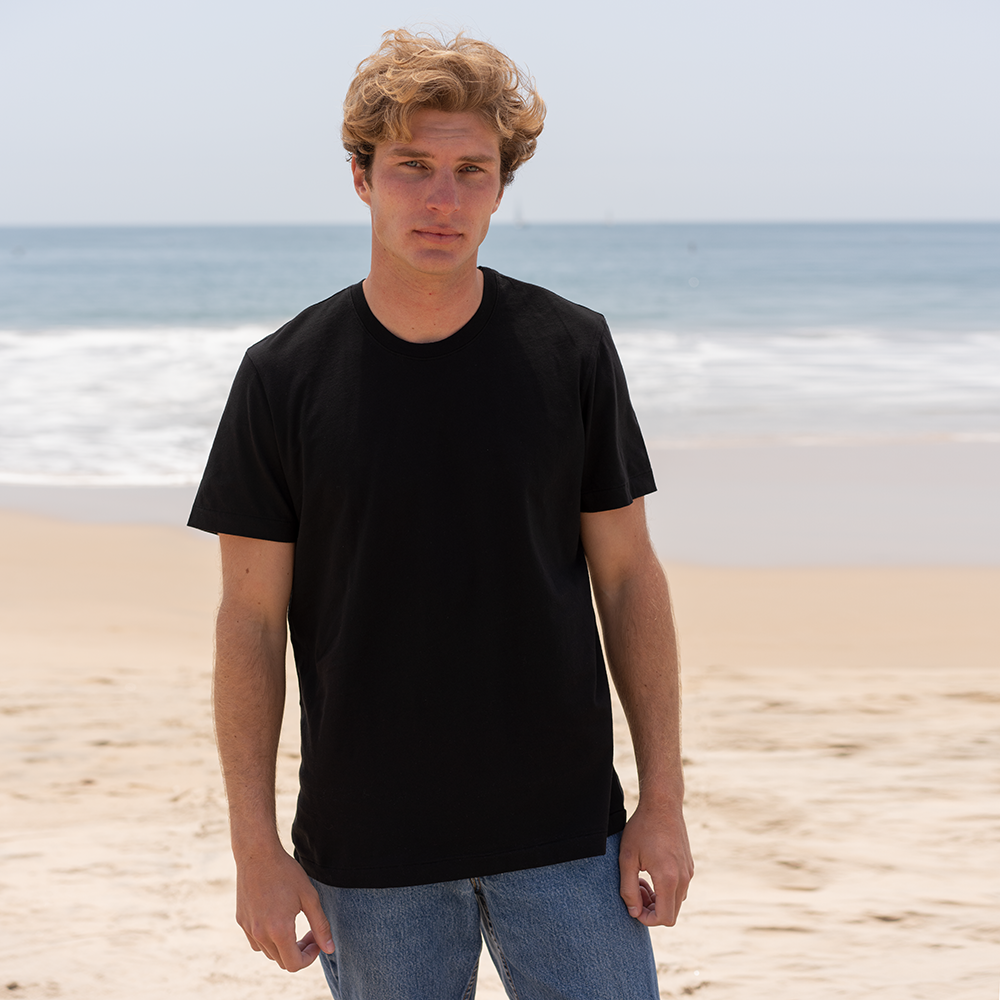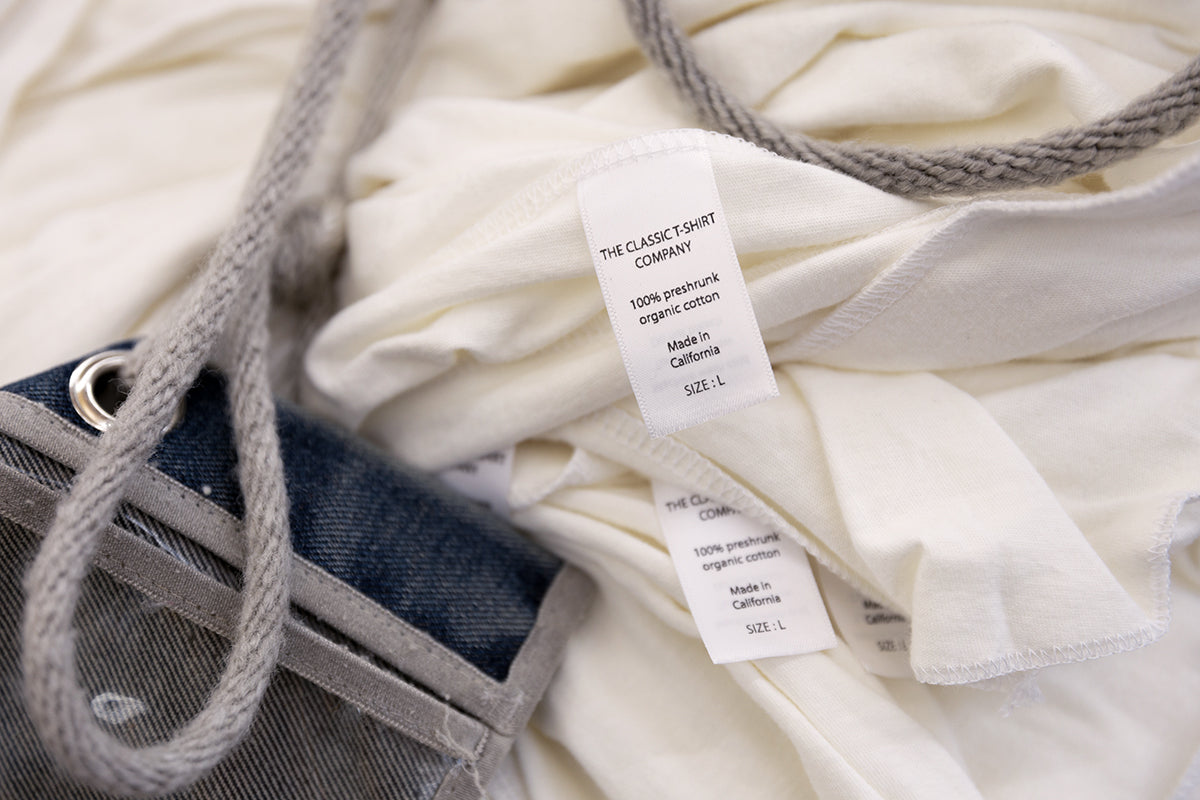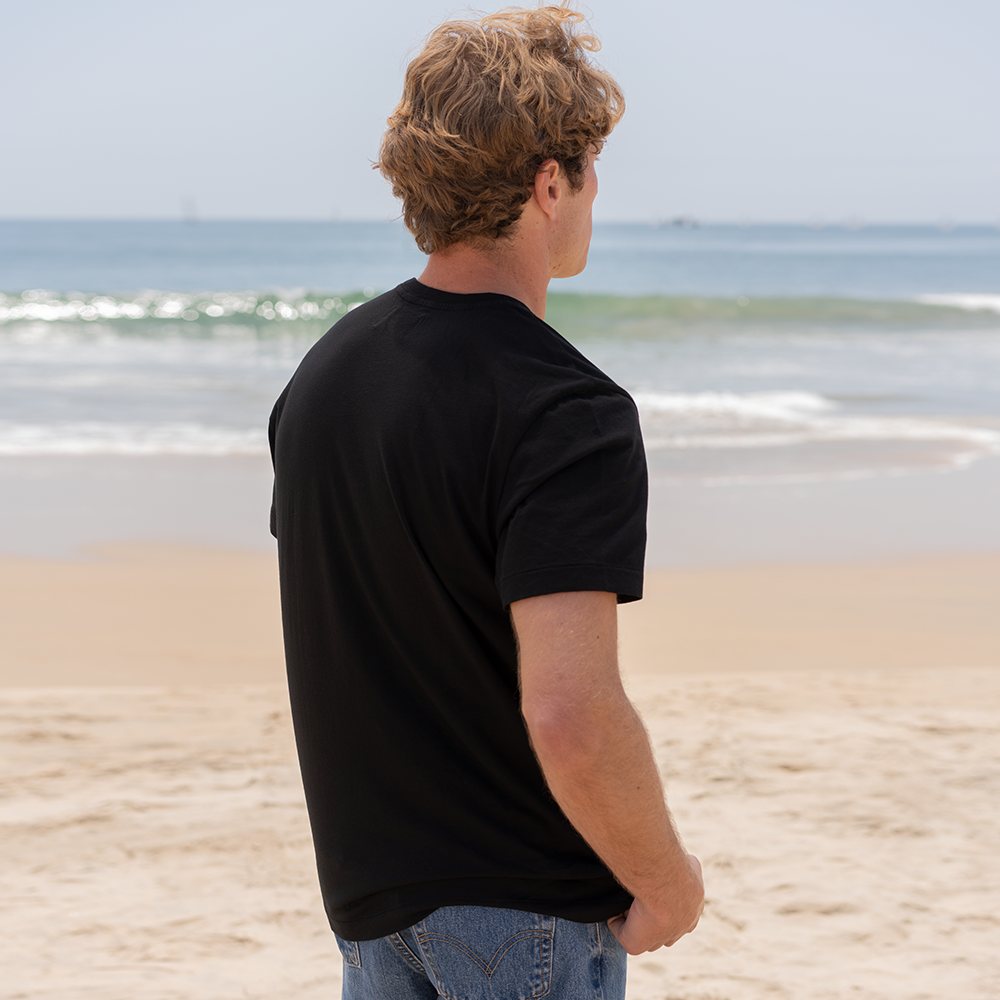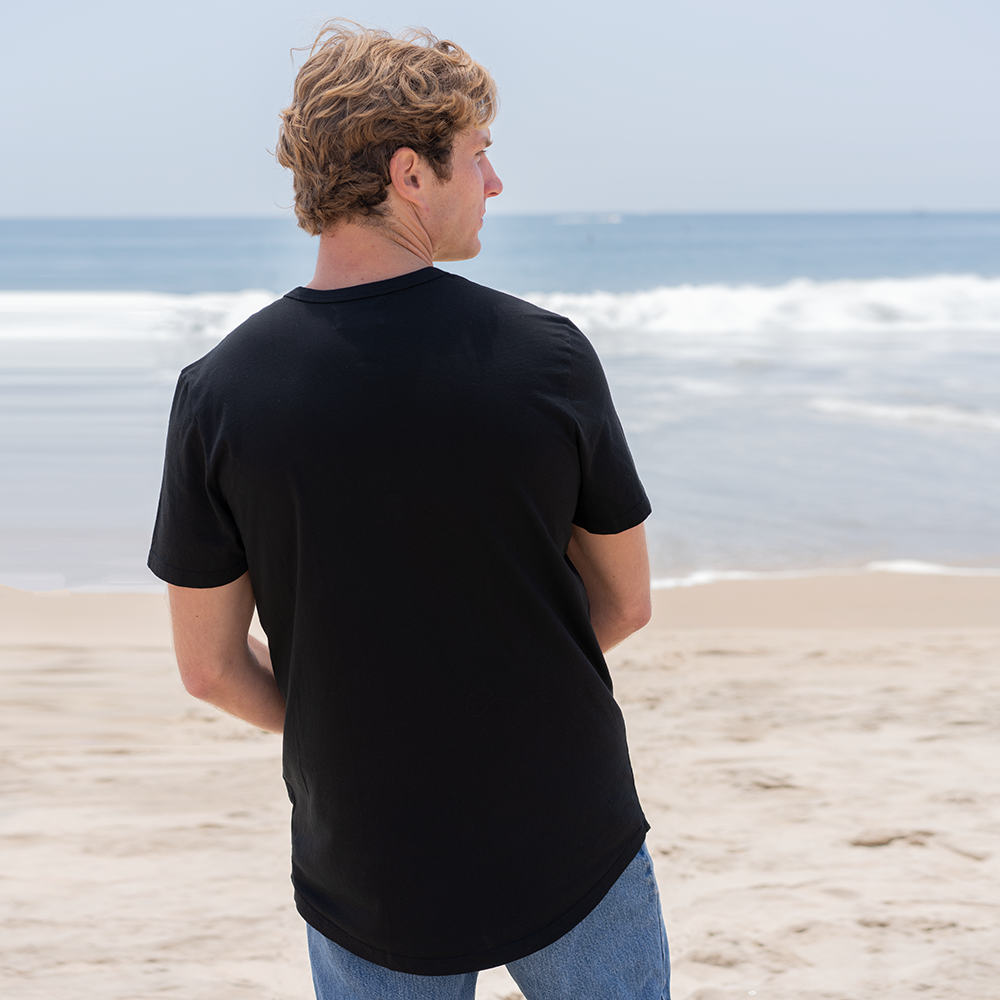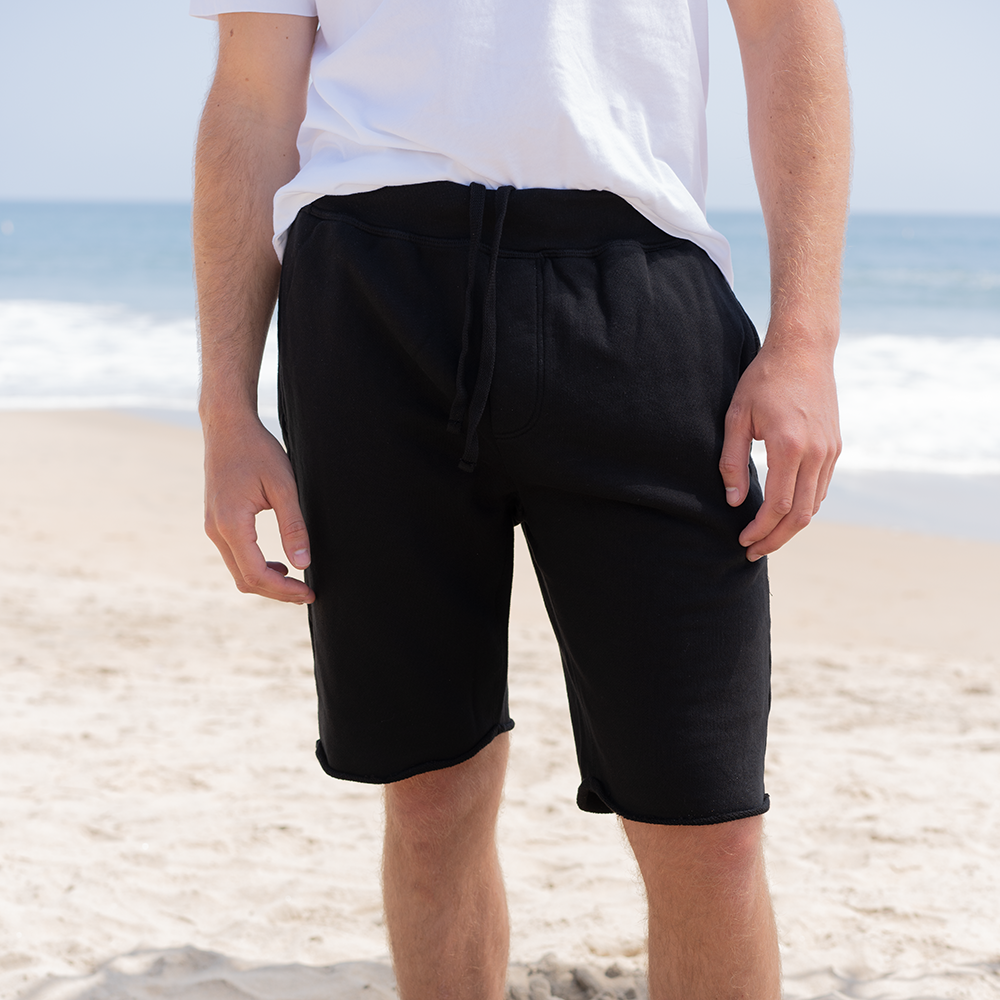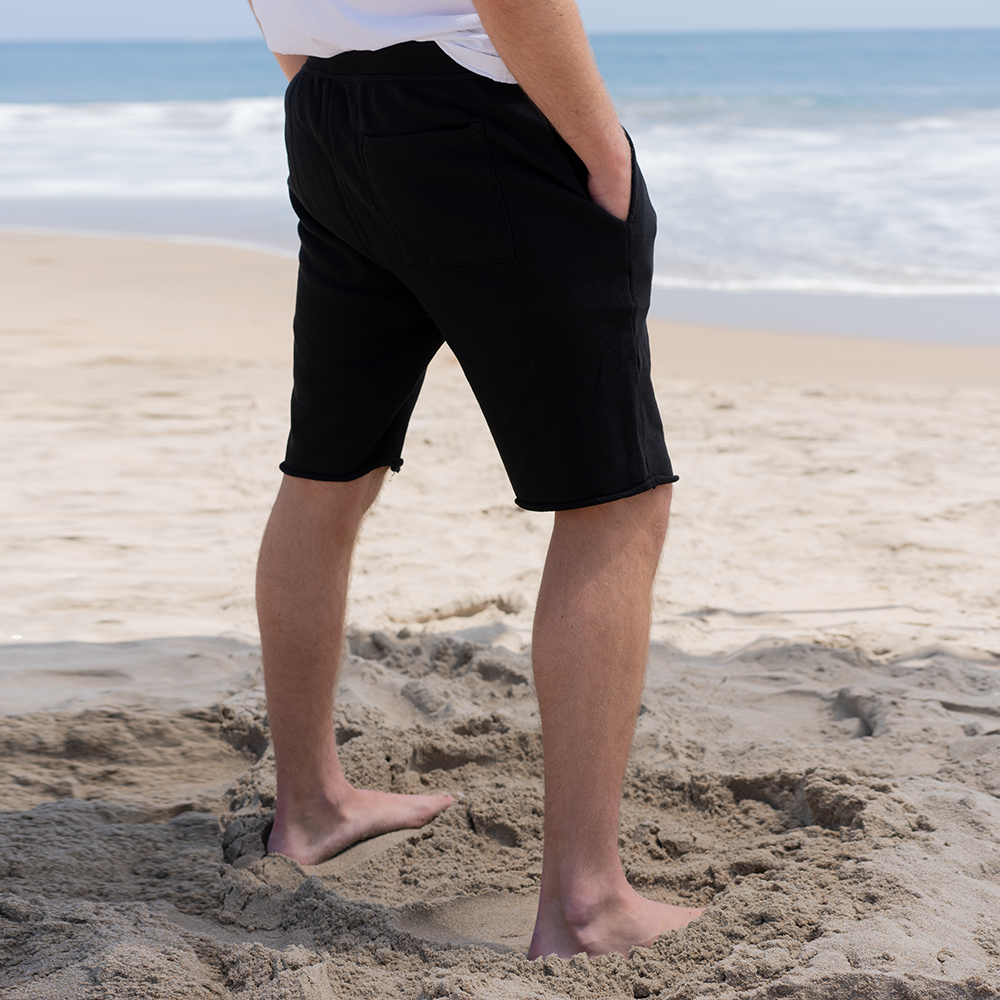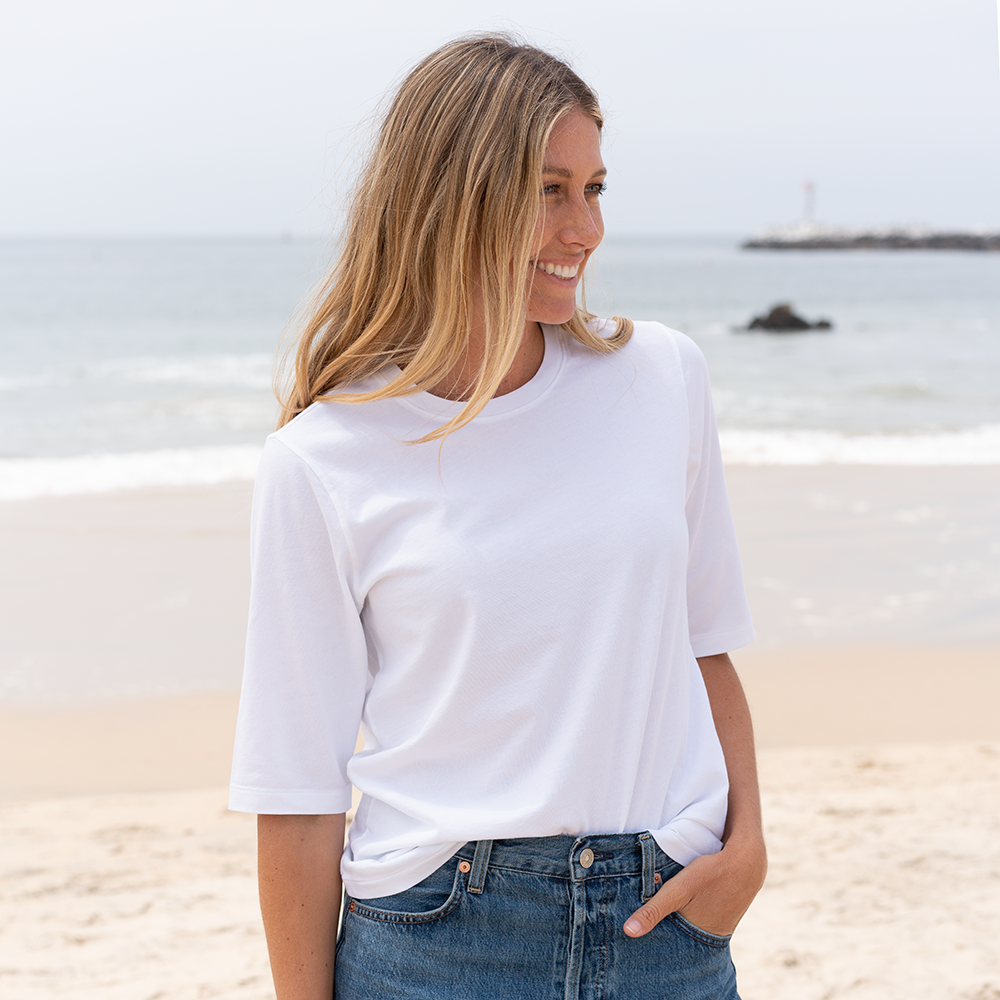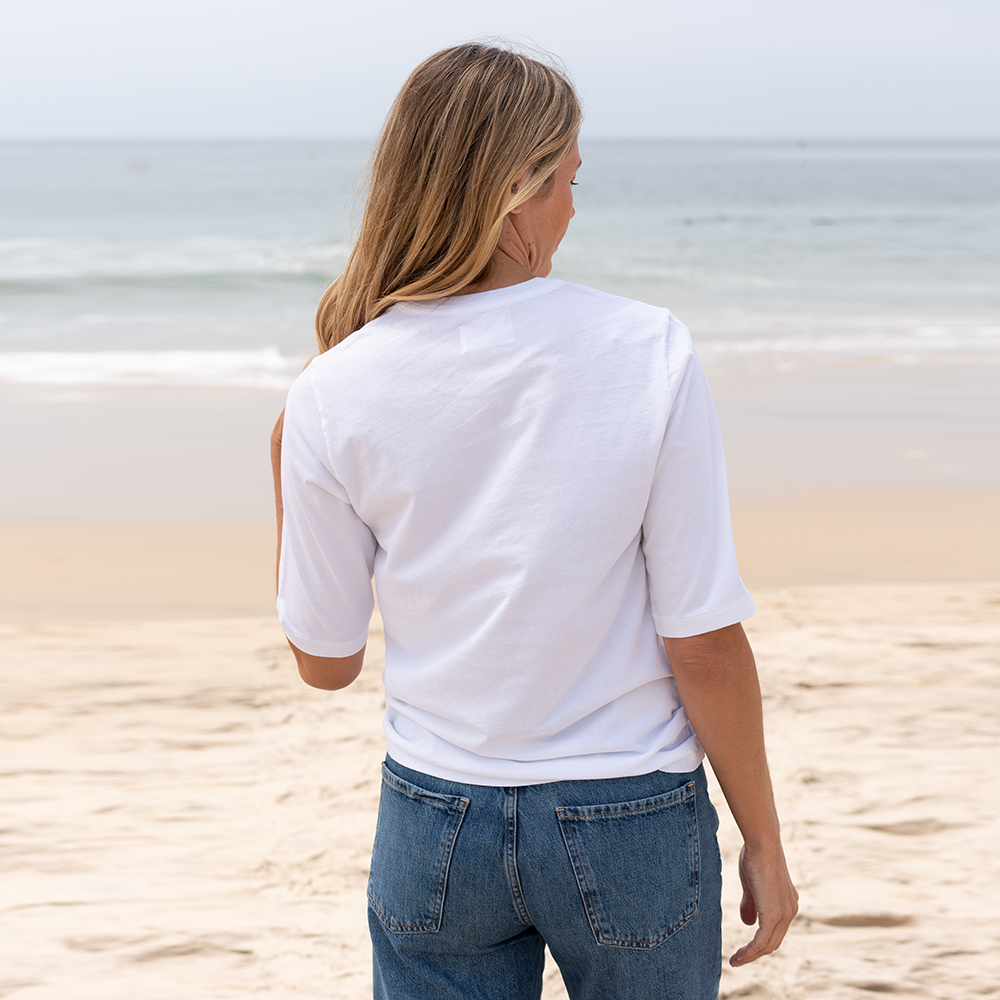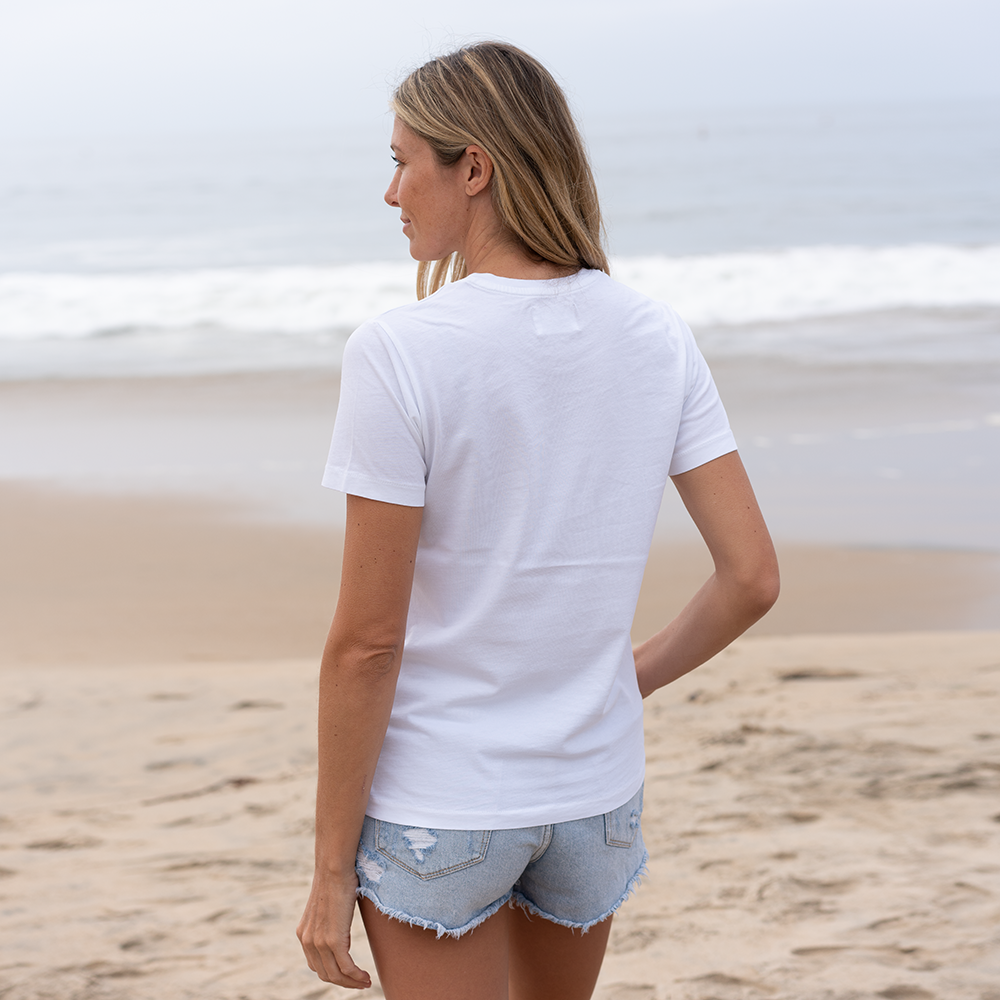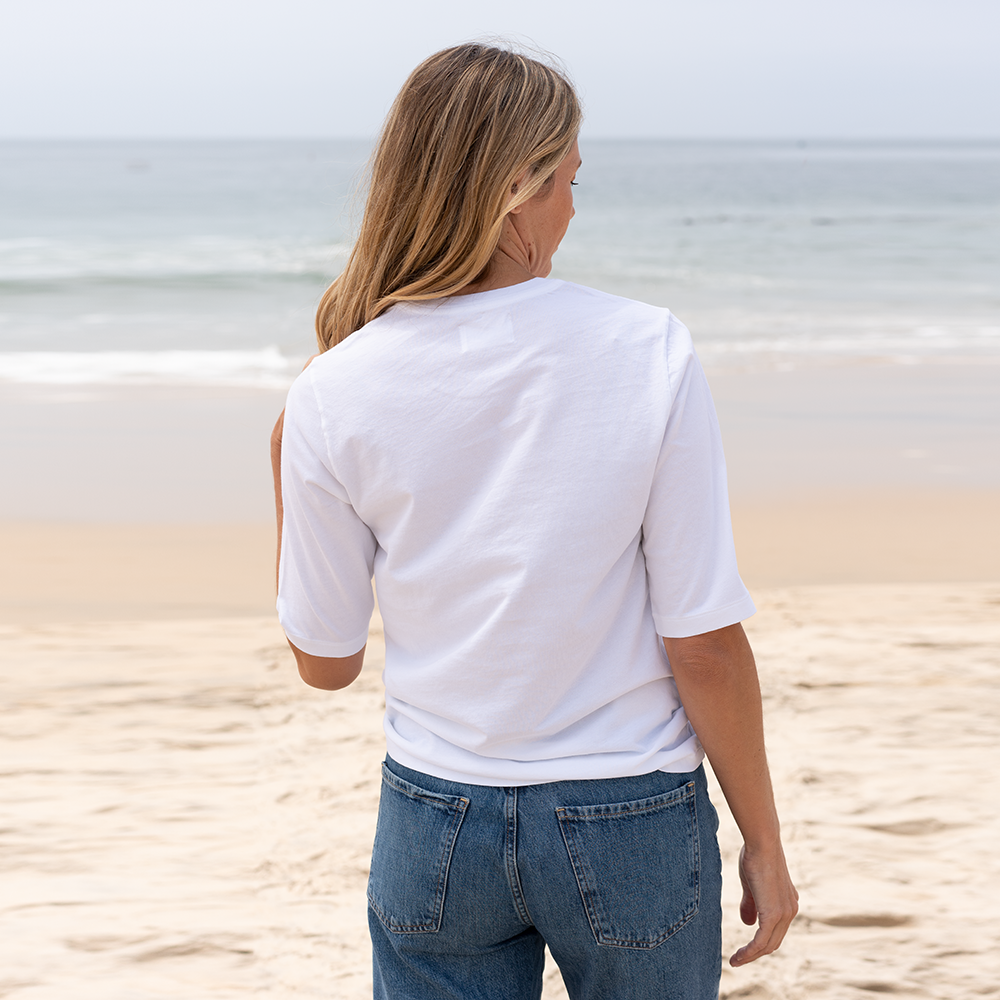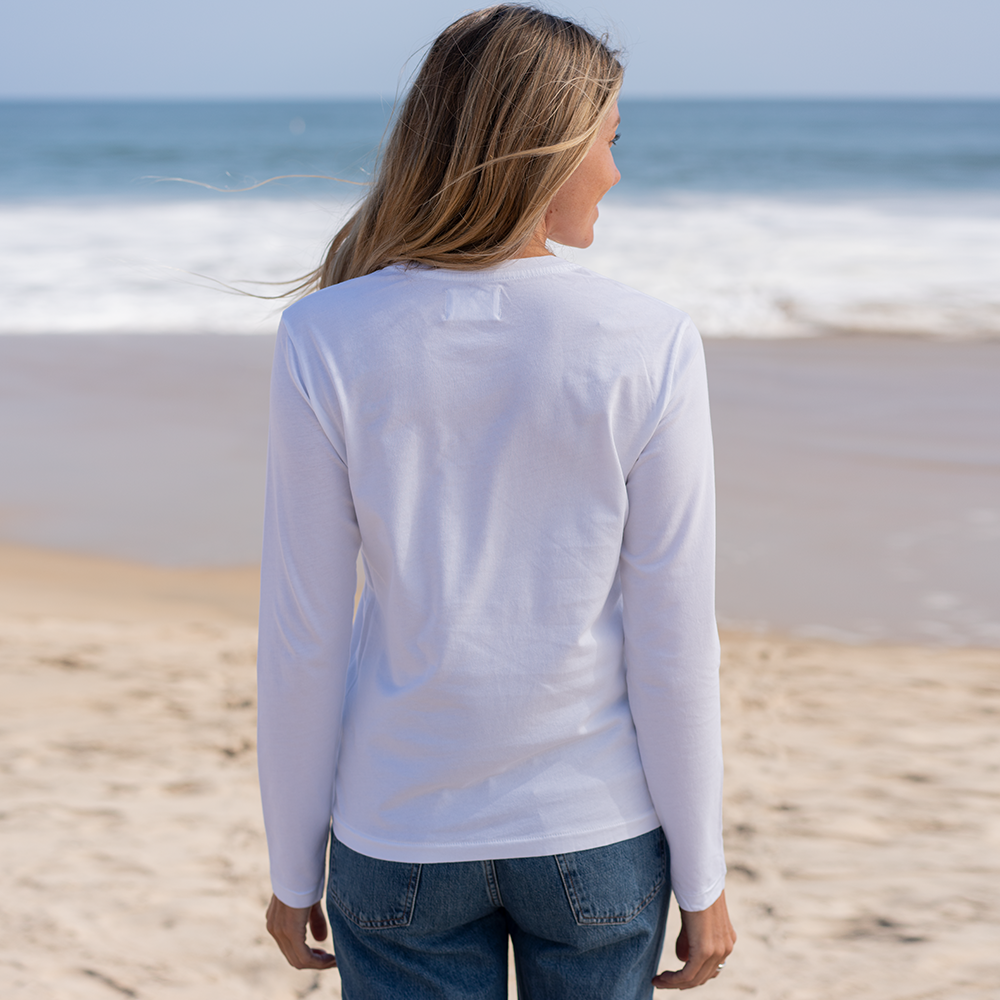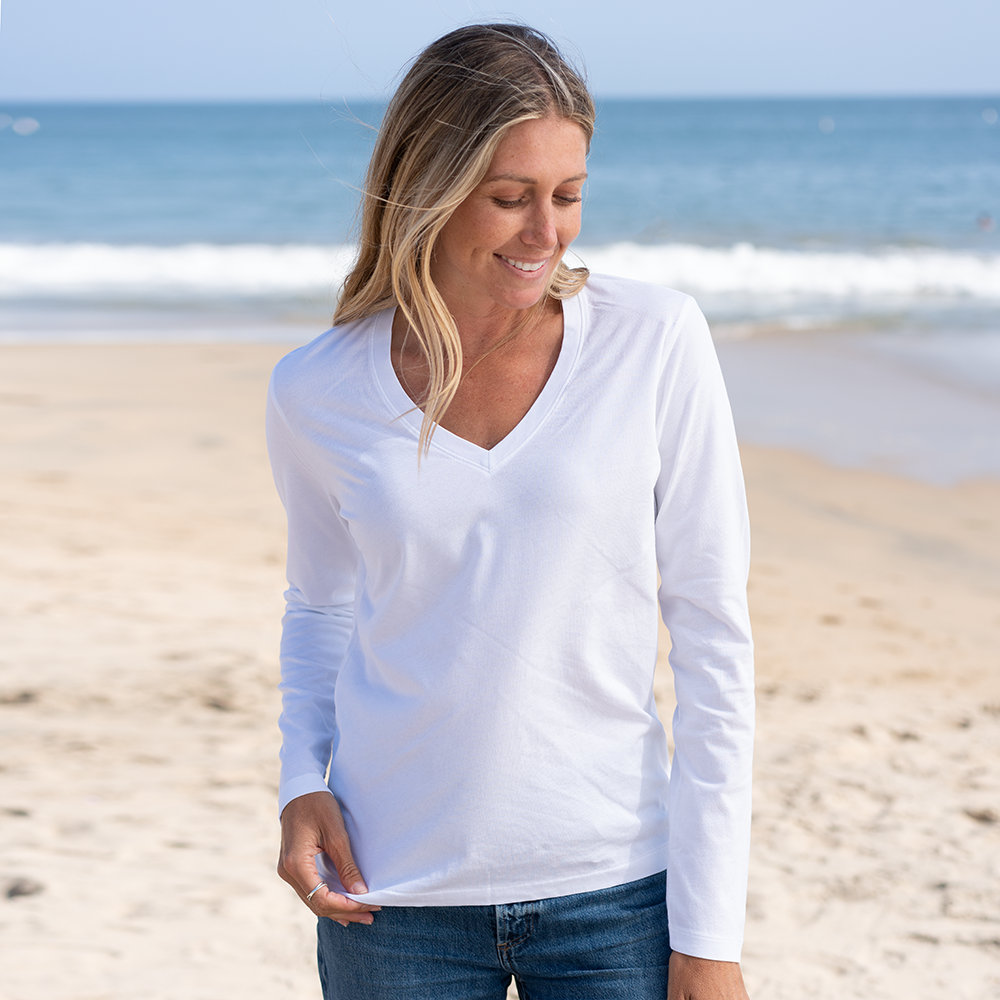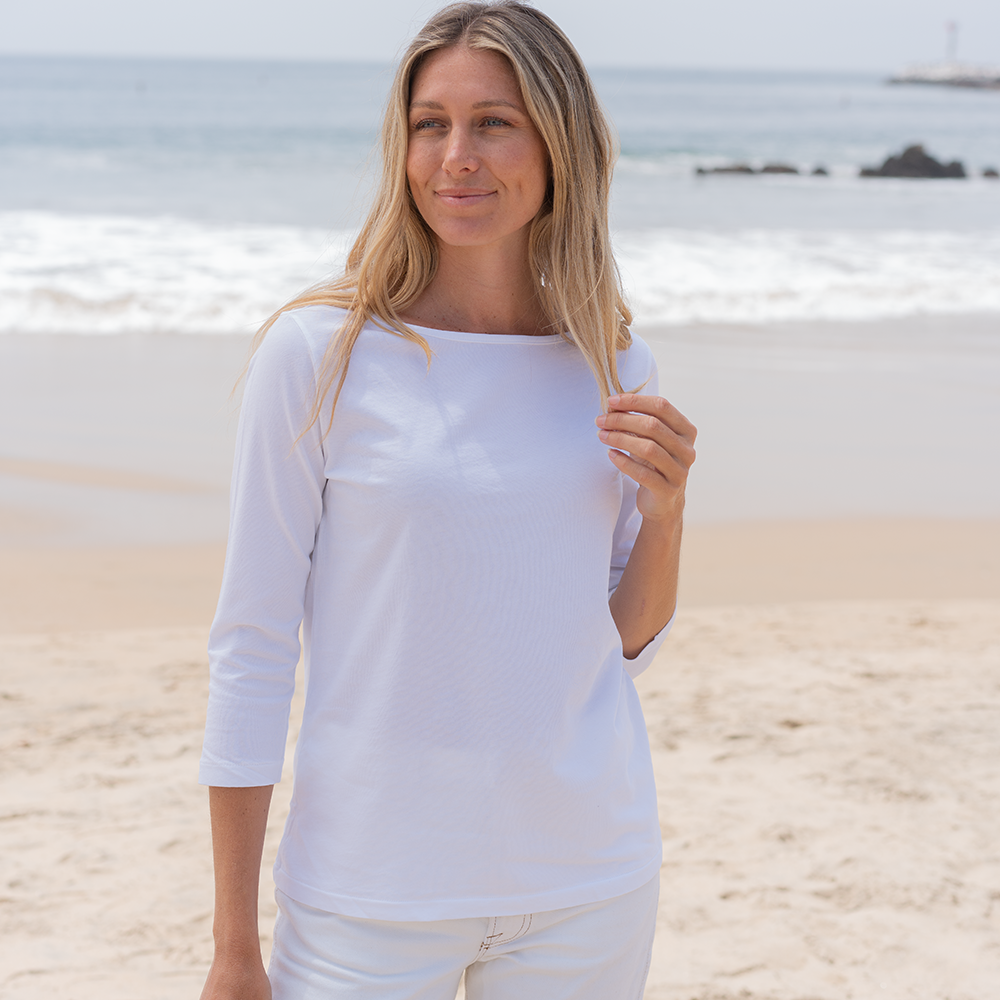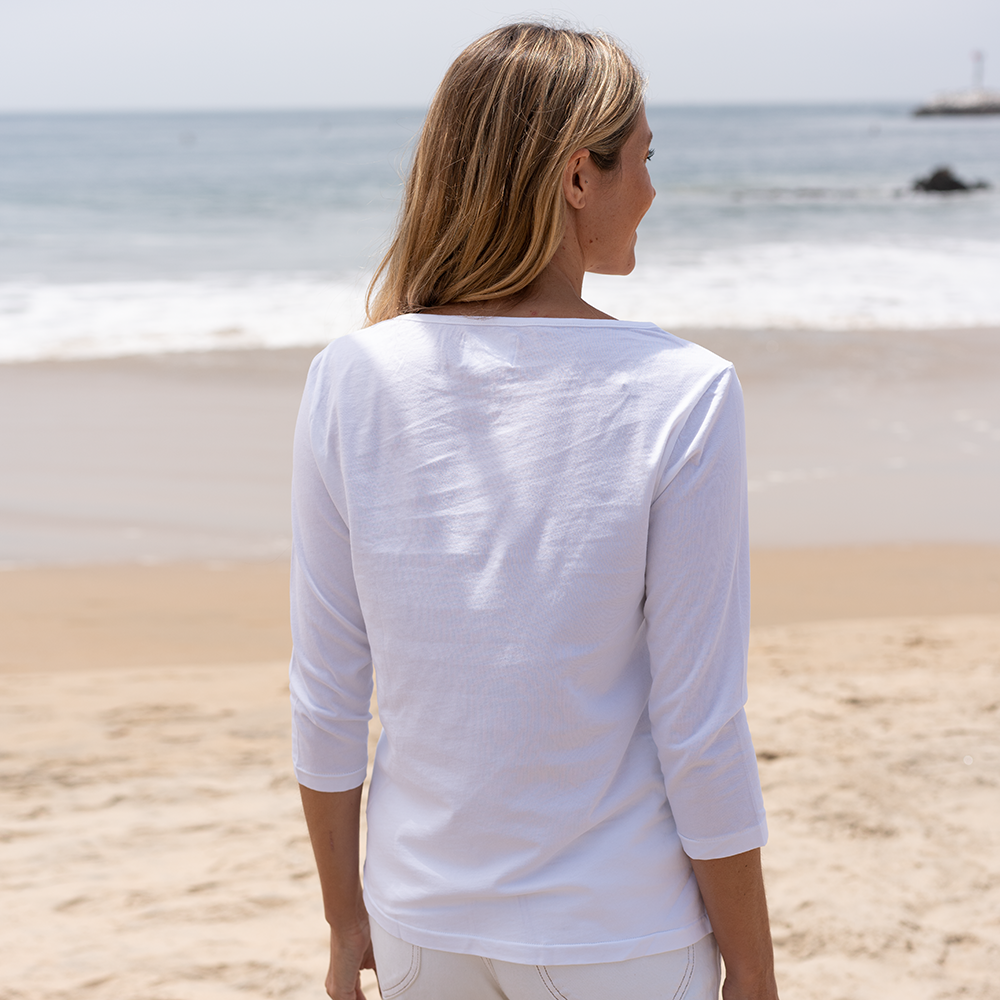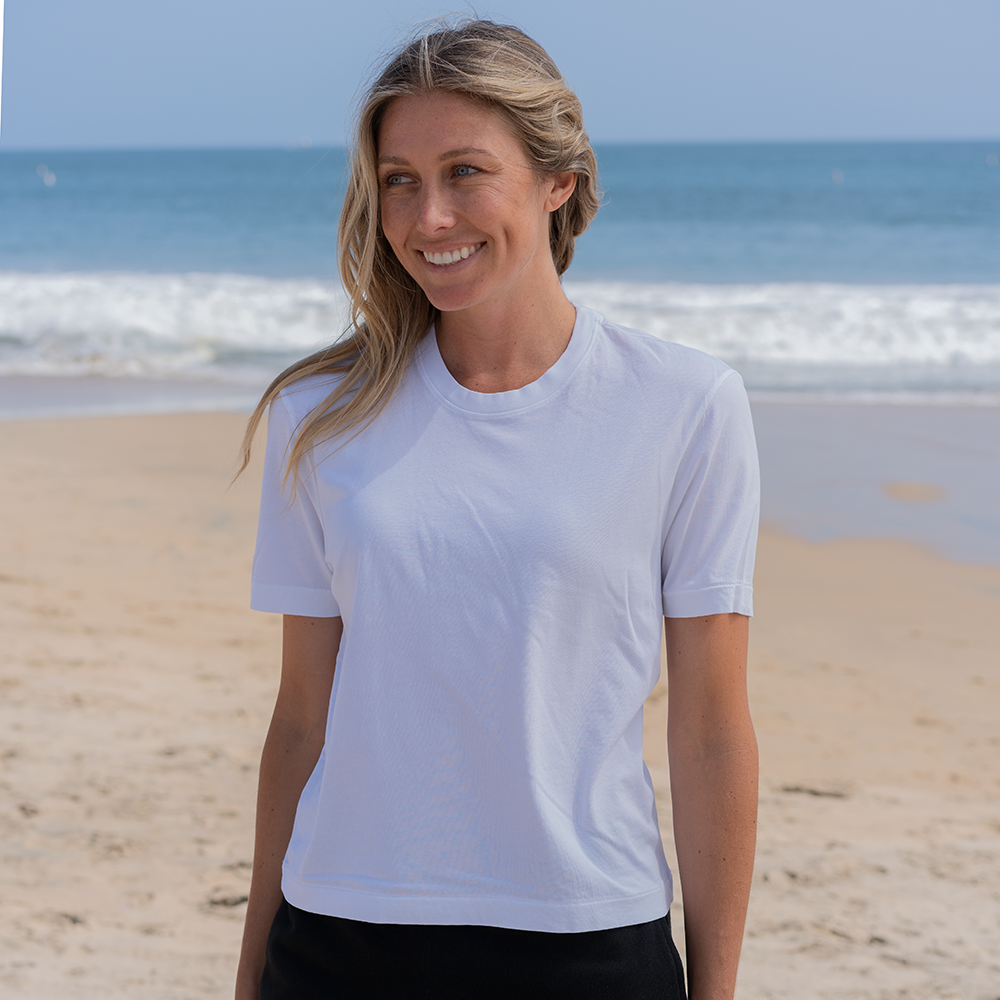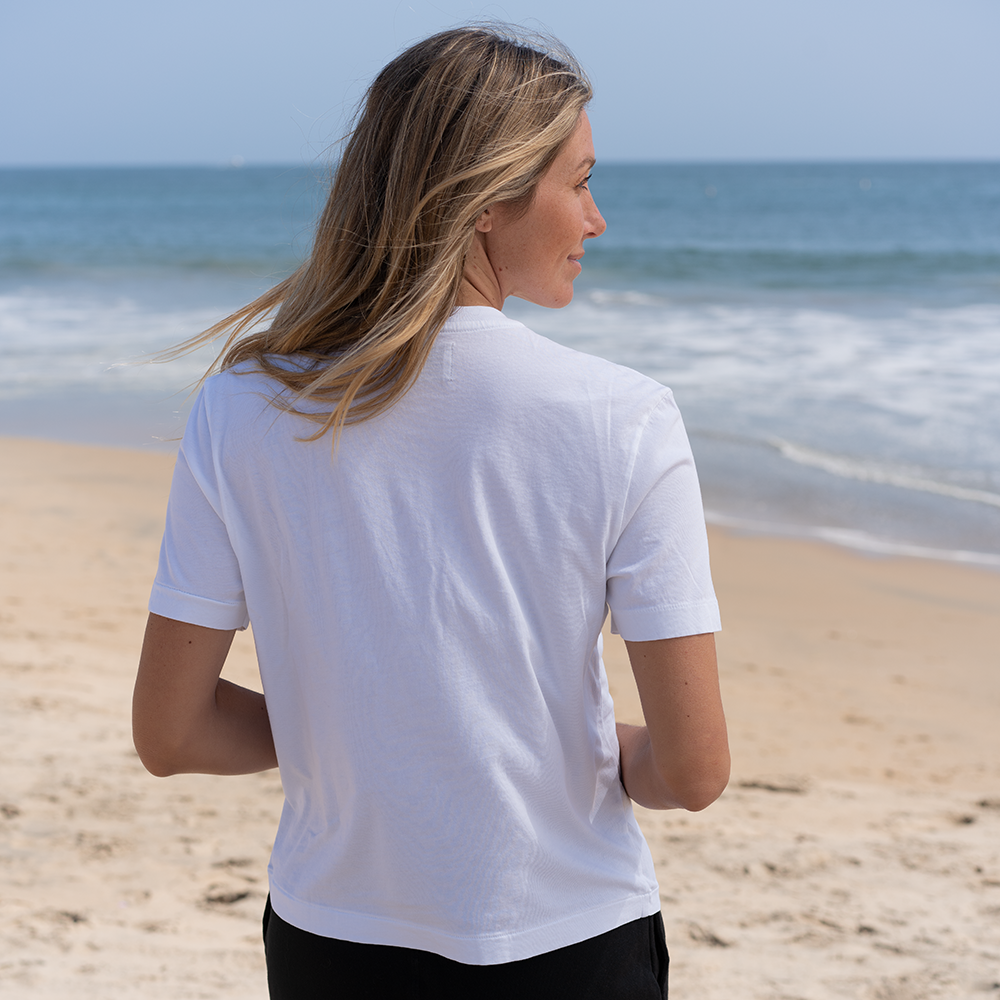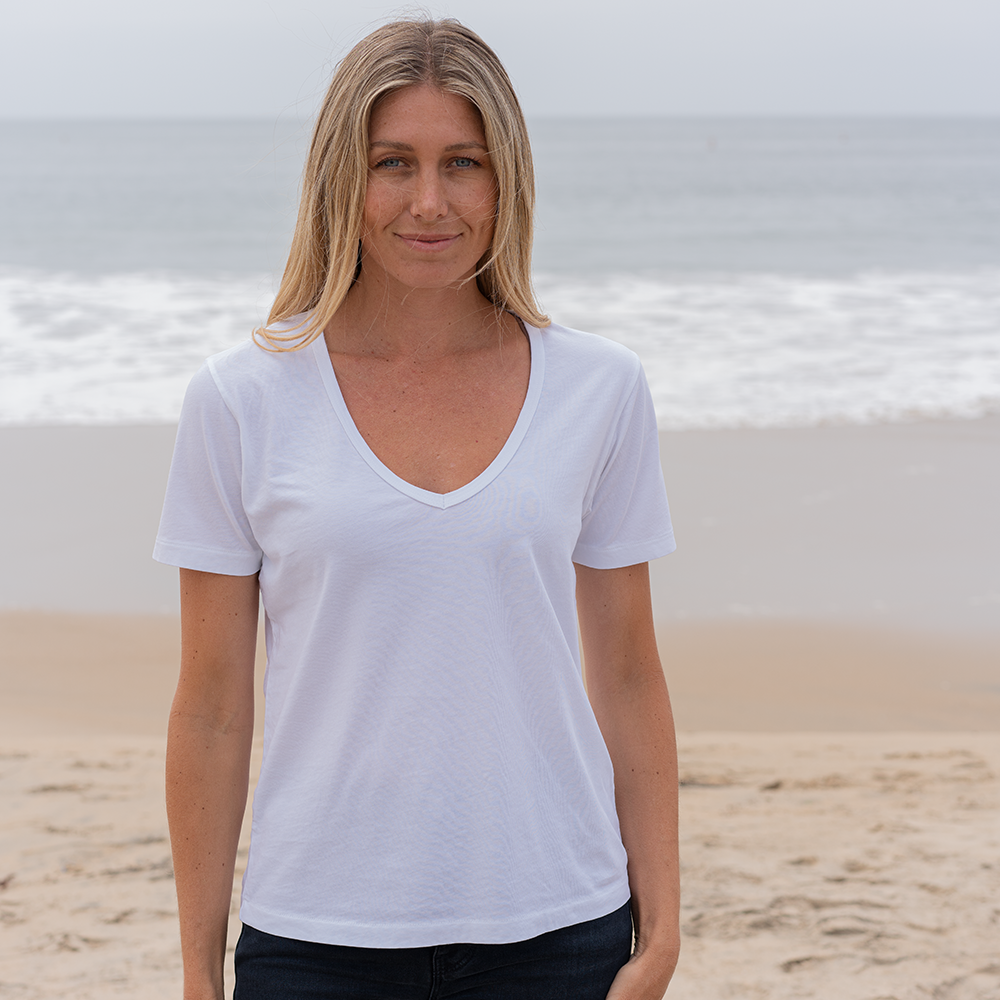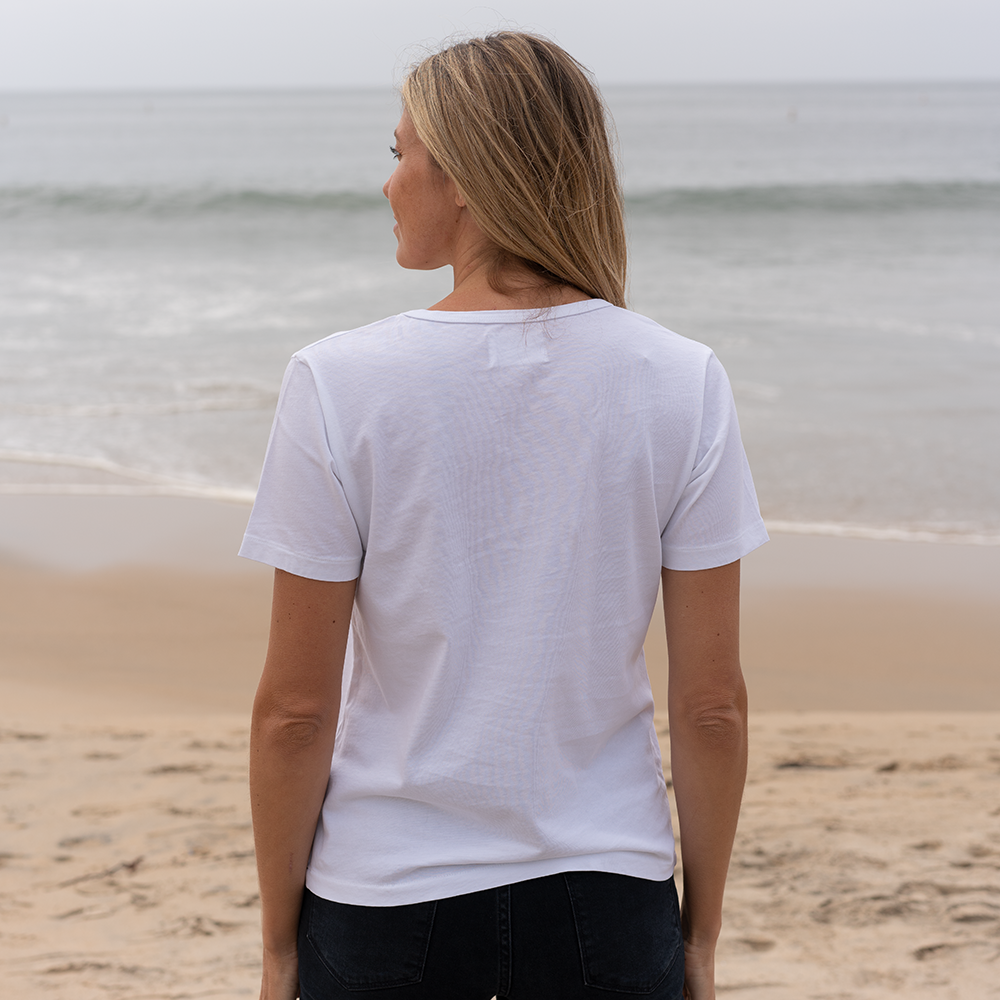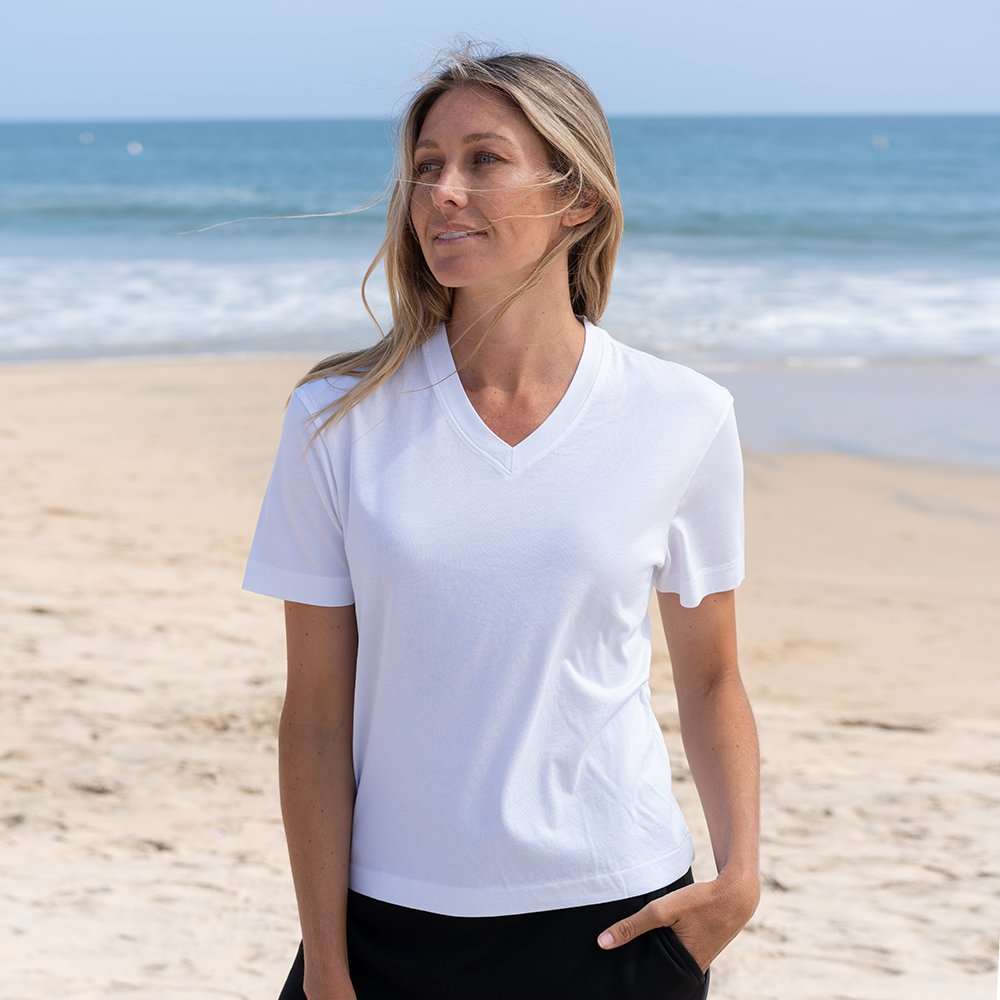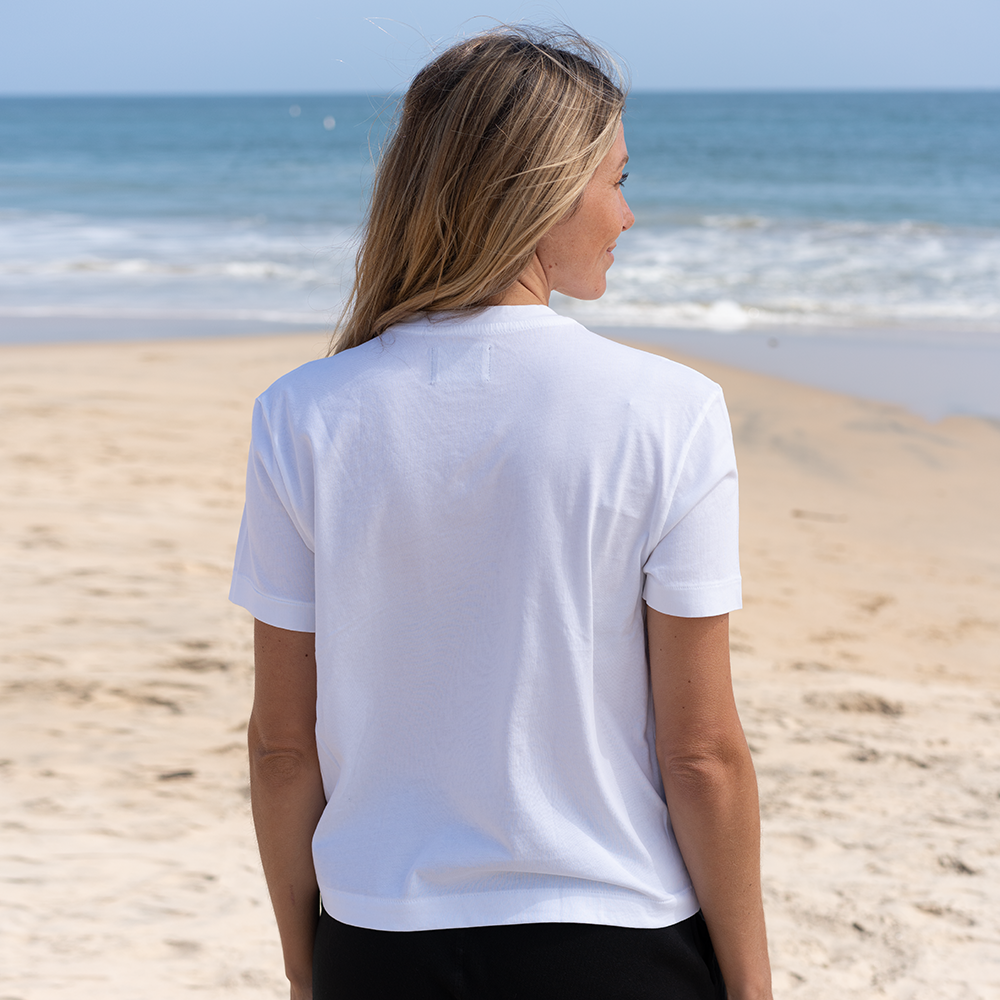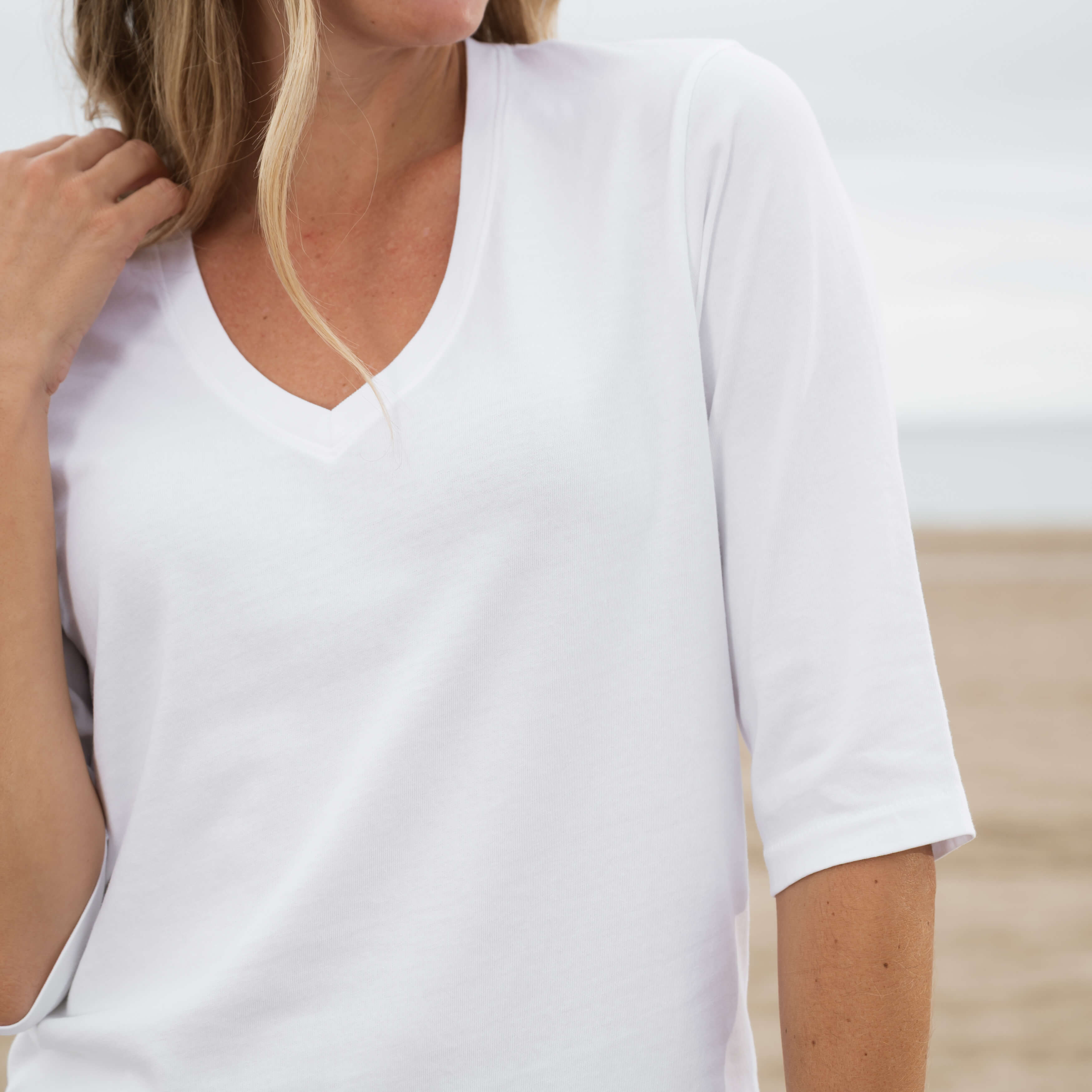
Think Before You Buy: The Impact of Online Shopping Returns
Hands up if you’ve ordered an item in multiple sizes before returning the one that doesn’t fit. It’s OK, we’ve all done it. When you can’t try something on in a bricks and mortar store, e-commerce return policies make it quick and easy to buy then return clothing.
But it’s time to stop. Given that ‘sustainable fashion’ is one of the industry’s biggest buzzwords, the spotlight must also be shone on the environmental impact of returning online shopping returns. With many items shockingly ending up in landfill, it’s a habit that needs to be broken.
Online shopping returns: the not-so-green consequences
What do you think happens once you’ve folded that T-shirt up, slipped it into the pre-paid envelope and posted it back? Perhaps you think the distribution team will re-sell it? Or maybe you don’t pay it another thought?
the best t-shirts for men
FOR MEN
Online shopping returns are a trend that won’t quit, shaped in no small part by the pandemic. As many as 30% of online sales are returned and unfortunate data reveals that much of it ends up in landfill rather than being resold. In fact, in 2020 it’s estimated almost 3 million tons of US returns ended up in landfill.
But what if the item is resold? Surely that’s OK? You would think. Then there is extra plastic packaging to consider (only 54% of which is recycled) along with a significant transportation carbon footprint. About 17 billion items are returned a year worldwide. This equates to 4.7 million metric tons of harmful CO2 being released into the atmosphere.

the best t-shirts for sale
FOR WOMEN
Returns aren’t cheap
Let’s not ignore the impact online shopping returns have on the retailers themselves. Since many returned items cannot be resold, retailers are losing revenue. Furthermore, there are processing costs involved in the logistics of the return, not to mention its evaluation.
It’s estimated product returns cost manufacturers and retailers more than $100 billion per year, or an average loss per company of about 3.8% in profit. For small or start-up businesses, this could mean sink or swim.
How you can minimise your online shopping returns?
Although free e-commerce return policies make it easy to send things back, as a consumer you can take responsibility for minimising your returns. Here’s how.
Know your measurements, don’t assume your size
You may be a size 8 in one store, but a 6 in another. Frustratingly, sizes are inconsistent, but by knowing your actual measurements you’ll be empowered to buy what fits you. Many retailers list measurements alongside the sizes in a chart so by knowing your actual vital statistics, you can shop smarter.
Shop consciously by avoiding fast fashion
Big fashion brands that churn out cheaply made products are not only likely to be less sustainable, they’re also the biggest culprits when it comes to throwing returned merchandise into landfill.
Make a conscious choice to buy from smaller brands that have greener, more sustainable credentials and an eco-conscious approach to distribution: plastic-free and 100% recyclable packaging (like The Classic T-Shirt Company’s), carbon-neutral shipping, and sea freight options available instead of CO2-heavy airfreight.





